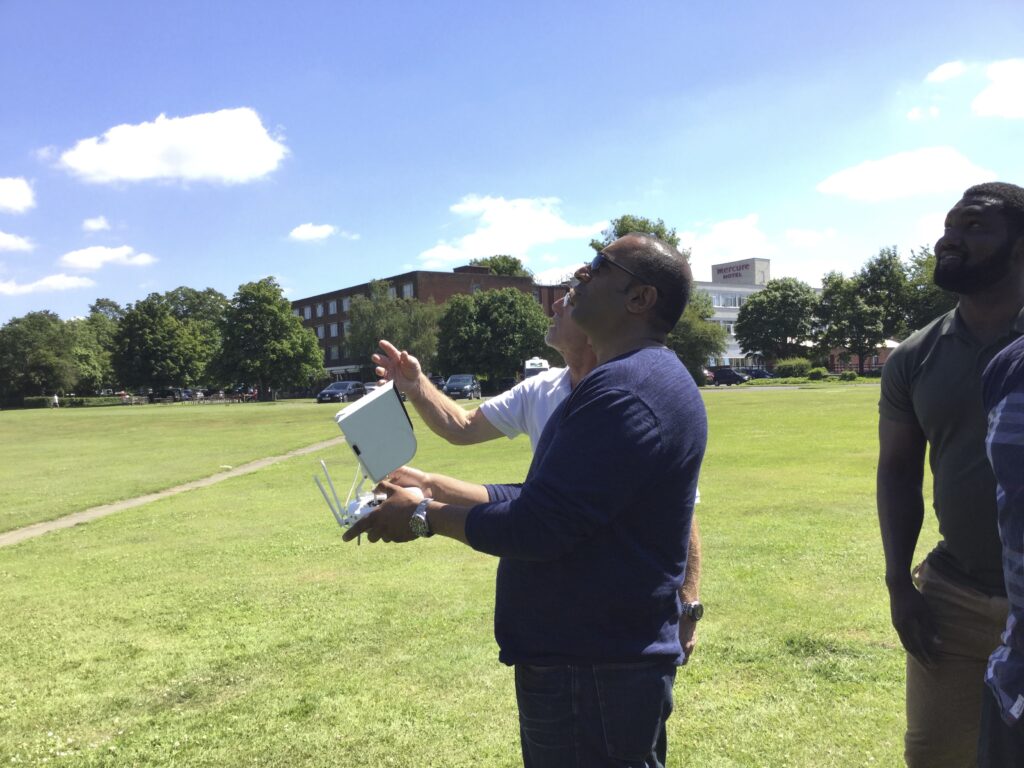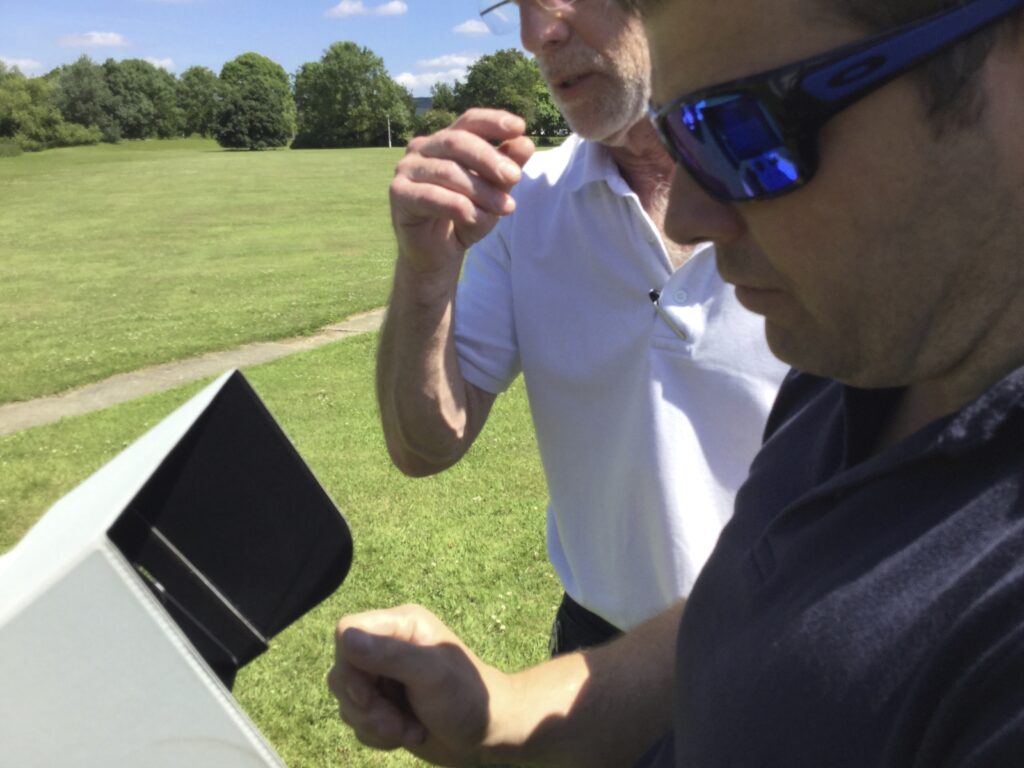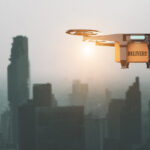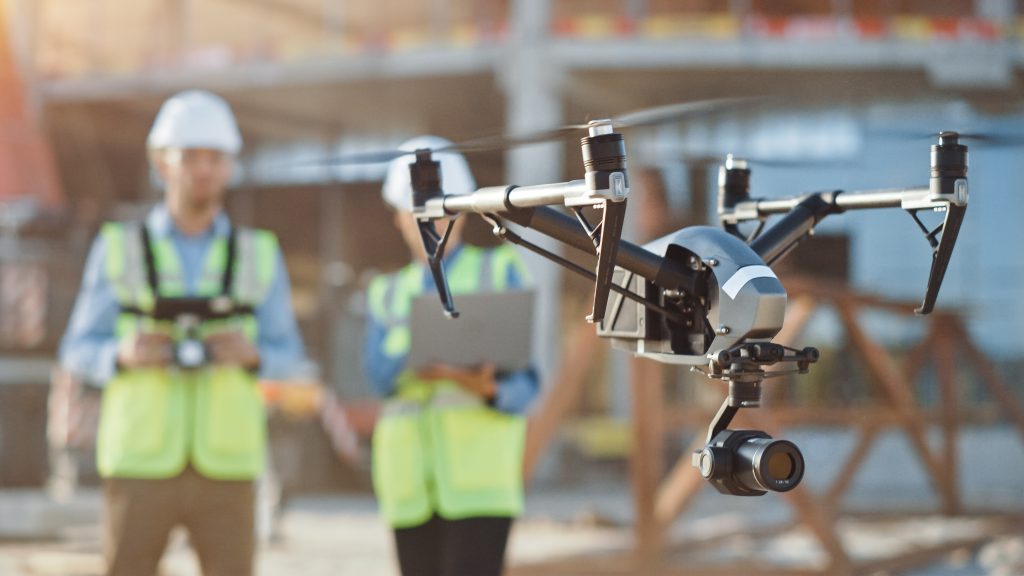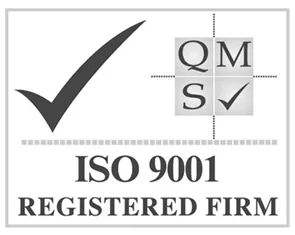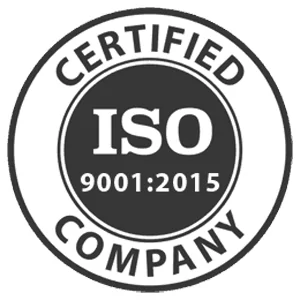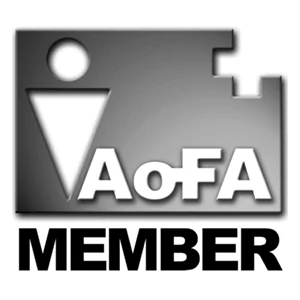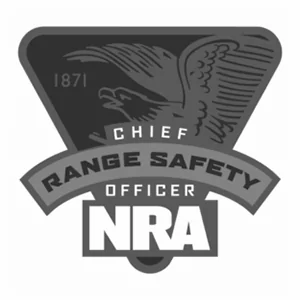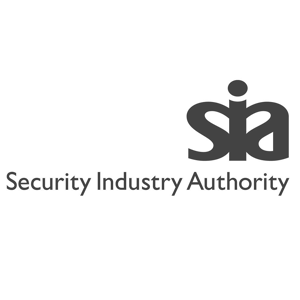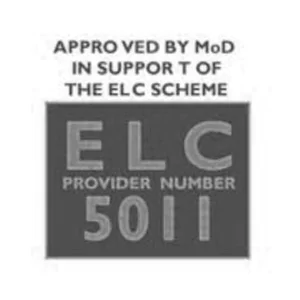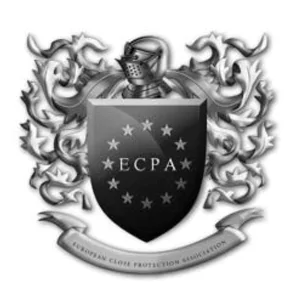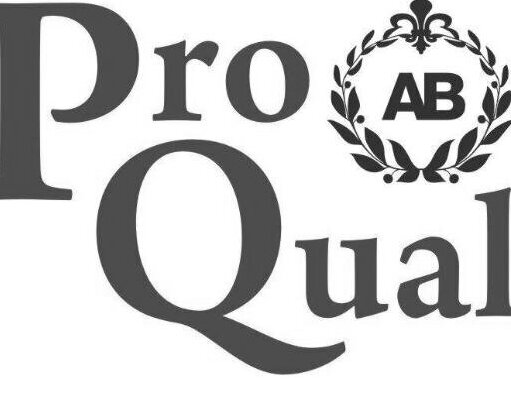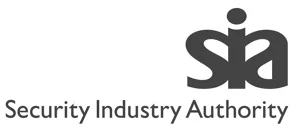5-day commercial drone operator
5-day commercial drone operator
WHO IS THIS COURSE FOR?
Anyone who flies a drone for commercial purposes anywhere in the United States must have a Part 107 license from the FAA. The FAA has a broad definition of what commercial means, and you should be certified if you make money from drones (including monetization from ads on YouTube, etc). Real estate professionals, roofers, photographers, mappers, influencers, and first responders are all using drones to increase their results.
Anyone wishing to enhance their Surveillance skills and keep them sharp, anyone wishing to get into the remit of security and investigations
The 5-day UCP course also gives the learner the minimum requirements to step into the surveillance industry and be confident taking on surveillance contracts and tasks.
Course Information
5 days of intense training for Surveillance covering all aspects from theory to practical in the skills of drone flying within the surveillance industry.
Anyone wishing to enter the surveillance and investigation industry, or close protection would seriously need to take this type of training. This qualification is designed for those learners wishing to apply for a job in the private security industry.
Minimum Required Kit List
Clothing
- Casual Jeans or Dockers and Grey man clothing
- Good pair of walking shoes
- Laptop with Microsoft word and power point,
- USB memory stick with 10 GB max
- Pencil and pen, eraser
Skill Prerequisites
NONE
Topics
- Applicable regulations.
- Aviation weather sources and effects of weather on small unmanned aircraft performance.
- Small unmanned aircraft loading.
- Emergency procedures.
- Crew resource management.
- Radio communication procedures.
- Determining the performance of small unmanned aircraft.
- Physiological effects of drugs and alcohol.
- Aeronautical decision-making and judgment.
- Airport operations.
- Maintenance and pre-flight inspection procedures

